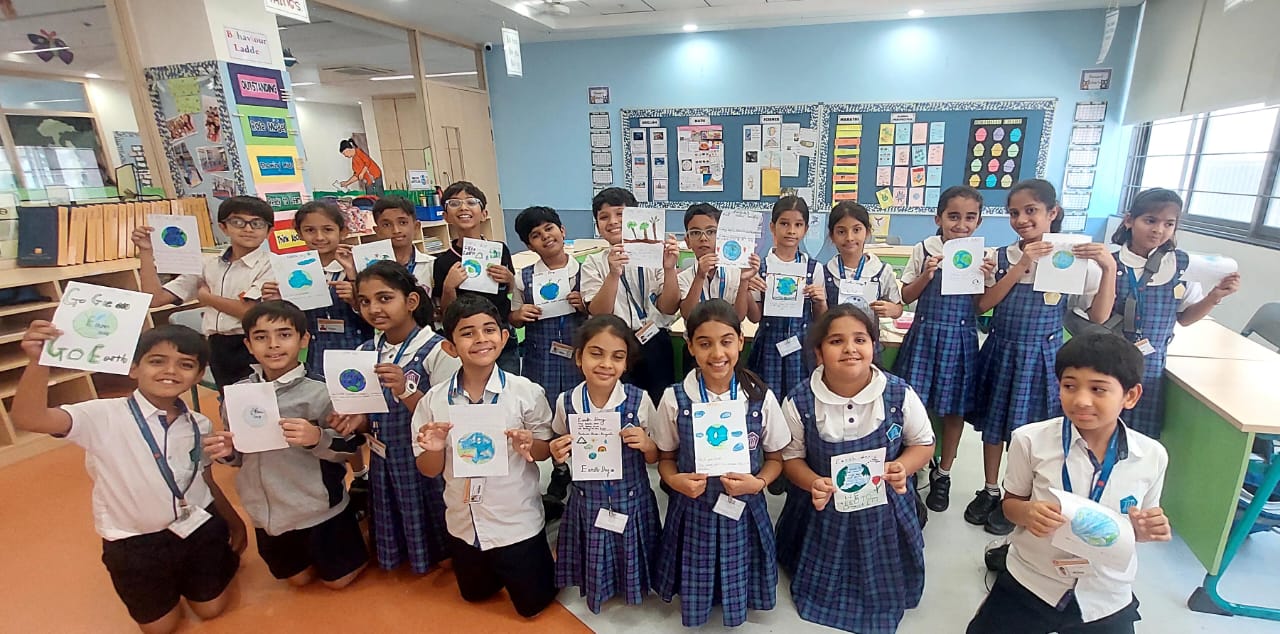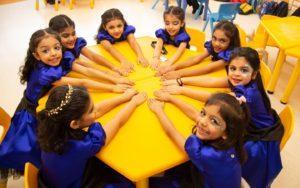Blogs
The Benefits of Small Class Sizes in Personalized Learning

In the ever-evolving landscape of education, where the focus is shifting towards nurturing well-rounded individuals equipped with the skills to succeed in the 21st century, the concept of personalized learning has emerged as a critical game-changer. Personalized learning recognizes that every child is an individual, possessing a unique constellation of talents, interests, and learning styles.
By tailoring the educational experience to cater to these individuals, educators can create an environment where each student can flourish and reach their full potential. Smaller class sizes are increasingly recognized as a cornerstone for achieving this personalized approach.
With fewer students to manage, teachers gain the bandwidth to provide more focused attention to each child, fostering a deeper understanding of their strengths, weaknesses, and preferred learning methods.
The Personalized Advantage: Why Small Class Sizes Matter
Small class sizes offer a plethora of benefits that contribute to personalized learning:
• Individualized Attention: With fewer students, teachers can dedicate more time to each child, understanding their unique strengths, weaknesses, and learning pace.
• Tailored Instruction: Teachers can adapt teaching methods and materials to cater to the specific needs of individual students, ensuring that no child is left behind.
• Stronger Student-Teacher Relationships: In a smaller setting, teachers and students can build deeper connections, fostering trust, respect, and a supportive learning environment.
• Increased Student Engagement: Students feel more confident and empowered to participate actively in class discussions, ask questions, and seek clarification.
• Enhanced Social Development: Smaller class sizes allow for more opportunities for students to collaborate, build friendships, and develop essential social skills.
Chatrabhuj Narsee School: Cultivating Personalized Learning
At Chatrabhuj Narsee School Amanora, we firmly believe in the transformative power of small class sizes. Our commitment to personalized learning is reflected in various initiatives:
• Student-Teacher Ratios: We maintain optimal student-teacher ratios to ensure that each child receives the attention they deserve.
• Differentiated Instruction: Our teachers employ a variety of teaching strategies to address diverse learning styles and abilities.
• Regular Assessments: Frequent assessments help teachers monitor student progress and make necessary adjustments to instruction.
• Small Group and One-on-One Support: Students receive additional support through small group and one-on-one sessions to address specific learning needs.
• Focus on Student Well-being: A nurturing and supportive classroom environment is essential for personalized learning to flourish.
Voices from the Classroom: The Impact of Small Class Sizes
To truly understand the impact of small class sizes, we turn to the voices of our teachers and students:
• Teacher Testimonial: “In a small class, I can truly connect with each student, understanding their aspirations and challenges. It’s incredibly rewarding to see them grow and achieve their potential.”
• Student Testimonial: “I feel more comfortable asking questions in a smaller class. My teacher knows me well and helps me when I need it. I’m learning more and enjoying school more.”
The Personalized Advantage: A Comparative Perspective
While larger classes may offer economies of scale, they often come at the cost of personalized learning. In contrast, small class sizes provide a more intimate and focused learning environment. Research consistently demonstrates that students in smaller classes tend to:
• Achieve higher academic performance
• Develop stronger critical thinking and problem-solving skills
• Exhibit increased motivation and self-confidence
• Have better attendance and graduation rates
Conclusion
By prioritizing small class sizes and personalized learning, Chatrabhuj Narsee School Amanora, is nurturing a generation of confident, self-directed learners. Our approach empowers students to take ownership of their education, fostering a love of learning that extends far beyond the classroom.
In a small class setting, students are not just passive recipients of information; they are active participants in the learning process. Teachers become facilitators, guiding students on their unique learning journeys and helping them discover their individual strengths and talents.
This personalized approach equips students with the critical thinking skills, problem-solving abilities, and social-emotional intelligence necessary to thrive in an increasingly complex and interconnected world.






